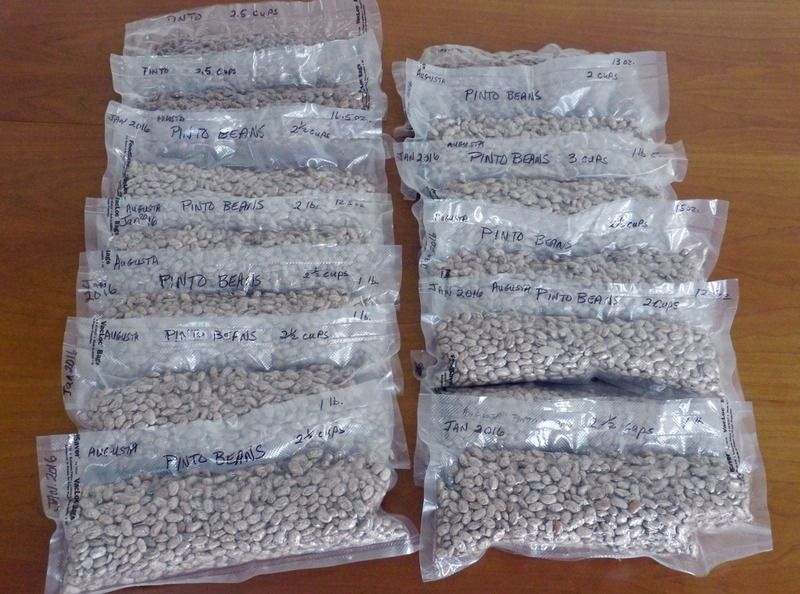I just finished reading
One Year After, the sequel to William Forstchen's novel,
One Second After, about the effects of an EMP detonation over the United States. I've also read
Lights Out and
Collision Course by David Crawford. All, highly recommended reading. These books address the scenario in which 80-90% of the US population is projected to die off within 6 months due to starvation, medical emergency, rioting and warfare. I'm now starting
Lights Out: A Cyberattack, A Nation Unprepared, Surviving the Aftermath, by Ted Koppel. Whether the SHTF happens by and EMP or some other widespread disaster, the apocalyptic scenario seems very plausible to me.
For me (as an Eagle Scout), being prepared is one of my core values. I suppose I first learned from my grandmother who lived through the Great Depression and always kept a locked cold cellar pantry in the basement, stocked with canned and dry goods. My wife and I do much the same and we could possibly live for 2 years off what we have stored in the pantry and freezers. I do keep some bulk dry goods such as beans, rice, lentils, coffee, dehydrated fruit and veggies, etc., in buckets and tubs. Recently, our supply of pinto beans (that I packed 7 years ago) was running low so I picked up a 10 lb. bag and vacuum packed them in meal sized portions. 2 1/2 cups of pinto weighs about a pound and will make a crock pot full of food, enough for several meals. It's a great addition to elk steak, hamburger, or any other red meat. We usually freeze leftover beans but I like the idea of canning them and may put up a batch or two of that soon.
I want to increase my dry goods storage and am curious what types of dry goods you guys have put up for long term storage, what methods you use, and how long you've been able to keep it in good condition?










 Reply With Quote
Reply With Quote


